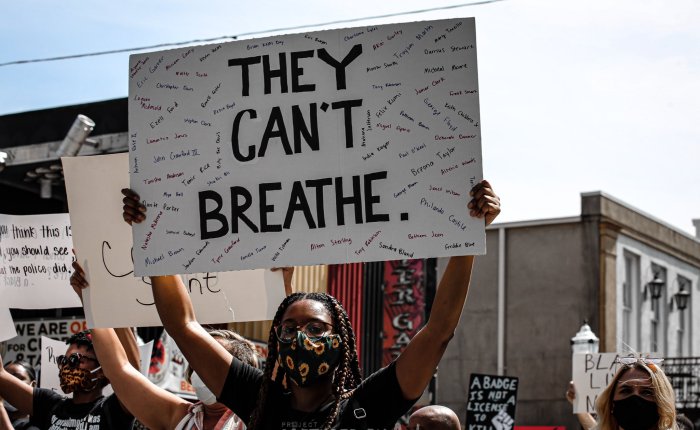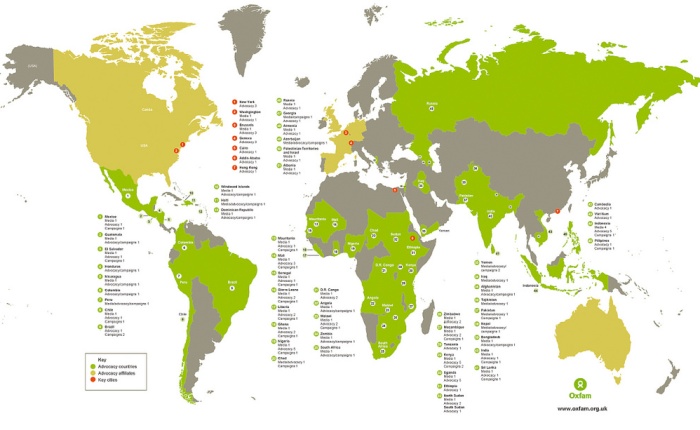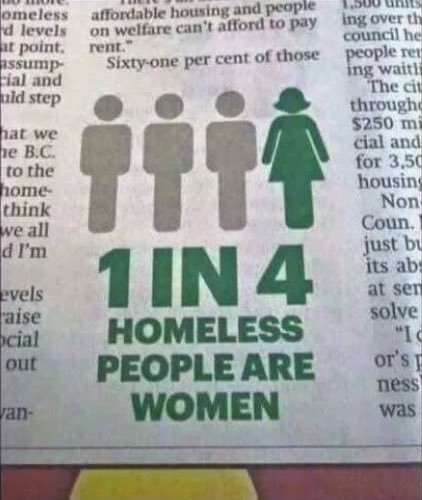Join me in celebrating the spending of millions of pounds of taxpayer money, thrown away in supplication to one of the richest families on planet earth, while the cost of living skyrockets and foodbank usage reaches an all-time high!
Monarchy is one of those things that endures despite its complete unsuitability to the modern world; something that, were it proposed as an idea for the first time here and now, it would be laughed down. But because the royals have been around for so long, some measure of the public believe they’re helpful, honourable, even outright indispensable. But fear not, for I’ll be rendering the loathsome nature of monarchy naked for all to see (apologies for the mental imagery).
To begin with, they are enormously wealthy, yet enormously subsidised:
The yearly cost of the royals is said to be £67 million (How much does the Royal Family cost the British taxpayer? (britishheritage.com)), though it may well be closer to £345 million (The true cost of the royals – Republic). Neither amount is excusable, when the net worth of this family is multiple billions (The world’s richest royal families of 2022 revealed – net worths, ranked: as Queen Elizabeth celebrates her Platinum Jubilee, the UAE mourns Sheikh Khalifa and Qatar’s rulers ready for the Fifa World Cup | South China Morning Post (scmp.com), though of course, precise figures on this are hard to find).
For a more in-depth look at royal wealth, consider Prince Charles. Charles, as with all previous heirs, earns income from the Duchy of Cornwall. The duchy was specially created for the heir in the medieval period, and this little number brings Charles a humble £18 million a year, with tax exceptions (MPs challenge tax exemptions for Prince Charles’s estate | Prince Charles | The Guardian). And should you pass away without a will as a resident of the prince’s £728 million estate, your property goes to the duchy. Charles’ defenders insist that this money then goes to charitable ventures, but these include his old private school and ‘charities’ that were seemingly set up by himself (Prince Charles uses ‘intestate’ cash in Cornwall to fund his own charities | Prince Charles | The Guardian).
This isn’t even to delve into the bizarre privileges of the Duchy and the powers it holds over its residents. It is a feudal estate in the 21st century, run singularly for the benefit of one person. There is no justification for this.
Outside of the major public figures, a significant cost is incurred by the tax payer for essentially unknown members of the royal family. Is there a good reason why Marie von Reibnitz and Mrs Jack Brooksbank have their security and extravagant living paid for by those struggling to heat their homes? Denmark had the right idea when they ceased paying for royal grandchildren (Denmark to stop paying salary to royal family grandchildren | The Independent | The Independent). It isn’t outrageous to expect the same of our own royals, or that they’d even turn down public money themselves as Princess Catharina-Amalia did last year (Princess Catharina-Amalia, Future Queen of the Netherlands, Turned Down Her Almost $2 Million Yearly Allowance | Vanity Fair). But of course, our royal family knows better than to turn down what’s rightfully theirs.
Speaking of rights…
They are utterly unaccountable:
Their legal status is ambiguous, and changes to suit the situation: the royals are a family of private individuals, and thus close examination of their finances is improper. But paradoxically, they are also a public institution, and so taxing their earnings to the same extent as everyone else is also improper. They are whatever they wish to be, depending on what benefits them. This is why, despite being heads of state and a public institution, the royals are largely immune to Freedom Of Information laws (which is partly why their actual net worth is nearly impossible to establish).
They furthermore have tremendous say over what the BBC is permitted to broadcast, and they wield this power unashamedly (The Royal Family are exempt from Freedom of Information requests and can veto BBC programmes. Why do we put up with this? | The Independent | The Independent). Can you imagine a Prime Minister immune to both FOI and who veto’s documentaries examining his/her own conduct? It would be a scandal. But this is just business as usual for the royal family.
It gets worse. They royal household is also immune to equality and anti-discrimination laws. Genuinely:
“Other documents discovered by the Guardian revealed that, since the 1970s, the Queen has been exempt from the 1970 Equal Pay Act, the 1975 Sex Discrimination Act, and the 1976 Race Relations Act. This was then extended to cover the 2010 Equality Act, which replaced the three previous laws.” (https://www.bustle.com/politics/documents-racial-discrimination-buckingham-palace-royal-family ).
To be clear, they demanded – and were granted – exemption from legal protections of women and ethnic minority employees and job applicants. Who could possibly make such a demand and consider it reasonable? And who are we to tolerate such a thing? I’ll make that very easy to understand: if the royal household discriminates against gay or black people, it isn’t illegal. But the household kindly promised government that it wouldn’t do so. All they wanted was immunity just in case, I suppose.
This begs the question: exactly how far would the monarchy have to go to earn a reprimand? And how on earth would one deal with a monarch behaving detestably? The answer: absolutely nothing. There is presently no mechanism by which parliament or any other power can realistically depose a monarch who behaves unconscionably, or even discipline royals in any manner. They are simply untouchable. Prince Andrew has managed to demonstrate this spectacularly, his own ‘punishment’ for being a nonce is to lose all his responsibilities… and keep his privileges. Phillip too, making openly racist comments towards foreign dignitaries was well known and tolerated (who else would keep their job here?!). How could we possibly tolerate this state of affairs?
And how exactly did the royals come to be immune to the laws mentioned above? Well…
The monarchy wields a disgusting amount of power over policy:
Many may not realise that the monarch grants parliament the authority to debate legislation which effect the royal family, a ‘mere formality’ without which such laws cannot be discussed and passed. Investigations have revealed however that the Queen regularly abuses her power to change laws to her benefit (Queen lobbied for changes to three more laws, documents reveal | The Queen | The Guardian). This is how the royals have managed to avoid accountability under anti-discrimination and equality laws, under FOI requests, and even taxes and financial accountability. We are as one entitled monarch away from a constitutional crisis, as the king/queen grants permission for the formation of governments. In what world is this acceptable?
And this isn’t the only influence over government and society possessed by the royals. A legal battle (lasting ten years!) by The Guardian managed to reveal that “Prince Charles lobbied ministers, including the former prime minister Tony Blair, on a wide range of issues, including agriculture, the armed forces, architecture and homeopathy”, meeting with ministers and senior officials 87 times (Prince Charles ‘black spider’ memos reveal lobbying of Tony Blair | Prince Charles letters | The Guardian). The royals routinely trample their expected non-interference in government affairs, and even discovering this tip of the iceberg required Herculean efforts on the part of The Guardian. Charles also lobbies on behalf of his good friends in Saudi Arabia and elsewhere for changes to government contracts and policy, as only an enlightened royal would. What else goes on that we simply know nothing of?
As an aside, it’s worth noting that Charles is a moron as well as an interfering buffoon. Here’s an excerpt from Harmony, a book he co-authored some years ago:
“Having considered these questions long and hard, my view is that our outlook in the Westernised world has become far too firmly framed by a mechanistic approach to science. This approach is entirely based upon the gathering of the results that come from subjecting physical phenomena to scientific experiment.” (Chuck is a spoilt baby – Butterflies and Wheels).
Ah yes, data and research, truly societal ills. If only we all ate organic foods and embraced “Sacred Geometry”, and had more homeopathy available on the NHS.
Unsurprisingly these trash-tier opinions occasionally meet with some pushback, but it seems Charles isn’t well used to being questioned: take the experiences of Professor Edzard Ernst of the University of Exeter who, following criticisms of Charles for his support of various alternative medicines, found himself investigated at the behest of Charles’ representatives, and (despite being absolved of wrongdoing) being forced into early retirement (Professor calls Prince Charles, others “snake-oil salesmen” | Reuters ). This is just another example of the meddlesome toff thinking himself God’s gift to humanity, and above reproach. It’s almost as if the pampered ‘environmentalist’ with helicopters and private jets galore isn’t used to being naysaid. Who would have thought a life of luxury and placation would affect someone so?
Now, to address some of the counterpoints in favour of the monarchy:
“Monarch provides security against tyranny, as she’s technically head of state and the armed forces” – this point would be laughable if people didn’t take it seriously. For starters, this point contradicts the other pro-monarchy argument that the monarchy are mere figureheads with no real power. Secondly, can you imagine a monarch with practical supreme command over the armed forces?! Perish the thought. Lastly, the power of royal families to prevent dictatorships is an experiment that’s already been run multiple times, and the results are laid bare for all to see in both Fascist Spain and Italy.
“Britain makes huge amounts of money from tourism thanks to the royals” – While it’s difficult to estimate the tourism generated by the royals alone, it’s a safe bet that most people do not come to the UK simply because it has a monarchy (no more than people do for Spain, The Netherlands or Denmark). In reality, there’s good reason to believe that removing the monarchy would enable greater development of royal sites. How much more of Buckingham Palace could be opened to tours? How many more museums could display royal riches? Couldn’t the royal gardens be opened to public use? Believing that the current status quo of royal tourism is optimal is just a failure of imagination, and also requires ignoring that republics like France gain comparable or greater revenue from tourism.
“The Queen has done a wonderful job! And the royals splendidly fulfil diplomatic functions for the UK!” – What job exactly? She does a speech every now and then, plays a (supposedly) symbolic role in government, and otherwise sits on her regal arse. Even the best attempts at defending the royal work ethic only demonstrate that much of their ‘work’ revolves around either smiling in public, arranging their own clothing and food for royal events (things that sane people would not consider work at all), occasionally attending the opening of public buildings, and meeting dignitaries. And for this oppressive workload, they are literally paid millions and inhabit palaces. Consider this clip at 03:15 from a decades old documentary on the responsibilities of the royal family (The film the Queen BANNED! – YouTube) where the queen casually suggests that a new dress ought to be made for her, just so that she has something to match a ruby necklace she intends to wear. In what world is this work? And is this extravagance proportionate to their responsibilities? I do wonder!
Even if I were to concede that the Queen had done a good job (which I don’t), that in no way justifies monarchy as a whole. I’ve spent a good portion of this article speaking about Charles specifically, and that’s because the entire point of a hereditary monarch is the lack of choice, thanks to which we’ll be saddled with Bumbling Charles for decades to come. A man who, like his father, laughs and stares at foreign dignitaries (https://www.youtube.com/watch?v=TGamLrHlikc&ab_channel=RepublicCampaign @41:40), doesn’t know his place, and is utterly unused to responsibility or consequences. And such a man gets to be the head of state, why? What right does this man have to involve himself, other than his ancestry? It’s ludicrous. Most other nations rely on qualified, accountable officials for diplomatic functions: they’re called ‘diplomats’. Instead we’re left with a grown man who in speeches refers to the queen as “mummy”.
I could go on, but the point is made by now. Millions of people are currently tightening their belts in the UK, while we grant evermore enormous amounts of money to an unaccountable family of alien millionaires and billionaires, whose influence on Britain damages the credibility of our legal and political systems. They must go.
For a look at the conduct of the heir apparent and the horrifying implications this man has for our nation, check out the documentary ‘The Man who shouldn’t be King’: https://www.youtube.com/watch?v=TGamLrHlikc&ab_channel=RepublicCampaign
If you want to join me in celebrating the Queen’s Jubilee in the appropriate fashion, please consider donating to Republic, who campaign for an end to the monarchy. Republic











